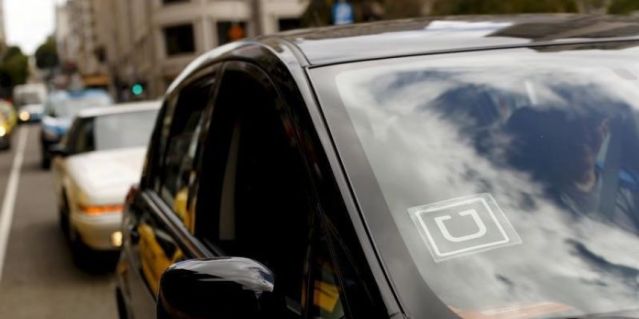The sharing economy clearly has its benefits, as the large success of services like Uber, Lyft and Airbnb show, but it also bears a shameful blemish: documented discrimination.
Airbnb guests with “distinctively African-American names” are 16 percent less likely to be accepted by a host as an identical guest with a white-sounding name, according to a Harvard Business School study published in September. A month later, MIT released a study which found that Uber drivers in Boston were more than twice as likely to cancel rides for passengers with “African American sounding” names, compared to stereotypical “white sounding” names. The good news, though, is that these companies seem eager to right their wrongs.
RELATED:Uber drivers more likely to cancel on rider with ‘black sounding’ name: Study Airbnb quickly adopted new rules to fight discrimination by its hosts and launched a new ad campaign during the Super Bowl called #WeAccept. Lyft and Uber also immediately reached out to the MIT researchers, said Chris Knittel, one of the study’s authors and an MIT Sloan professor. Knittel spoke during an MIT Sloan Expert Series on Wednesday about their next steps.
“We have continued conversations with [Uber and Lyt], and we’re trying to design follow-up studies to minimize the amount of discrimination occurring,” he said. “We’re not talking specifics yet, but I can say that the companies understand our research and want to be better.” RELATED: Airbnb revamps anti-discrimination policy While no cancelation effect was found by researchers with Lyft in Boston, Knittel noted this does not mean there was no discrimination. Lyft drivers see a user’s name before they accept the ride, he said, meaning they can skip a person altogether rather than canceling after they accept the ride. Uber’s platform shows a user’s name only after the driver accepts the ride. When asked how sharing economy startups can better reduce racial bias, Knittel said that the fact that this research exists is already helpful.
“First is to be aware of this, and I think Uber, Lyft and Airbnb maybe were caught off guard with the amount of discrimination taking place,” he said.
“The research we performed gives new startups a head start on knowing that this is an issue and designing platforms by thinking of ways to limit discrimination.”
Discrimination still rampant in sharing economy, but researchers are hopeful it will be fixed

File















